Creative expression through the arts can kindle a lifetime of inspired innovation. In part 1 of “Add in the Arts,” we consider the value of the arts and foundational drawing for even the youngest of learners.

“I just can’t draw!”
I’ve heard children of all ages definitively declare they were “no good” at drawing, despite not having dedicated significant time nor effort to learning how to draw. This strange notion – that drawing is something we are either “good at or not,” instead of an acquired skill – seems to be culturally reinforced.

If a student exclaimed, “I just can’t read! I can’t write! I can’t do math!” a chorus of protest would ensue from influential adults. The prevailing consensus would likely be a heartening cheer – “Yes, you can, with enough practice!”

Why doesn’t a parallel prevailing opinion seem to exist regarding learning the ABCs of drawing? Is learning to draw notably “different” than learning foundational reading, writing and math?

Fundamentals of drawing and the arts are as critically important as reading, writing and math in nurturing the whole learner.
Why Bother?
Creating something – capturing a timeless photograph, crafting a model or fine wood furniture, painting an illustration, writing a story, fashioning a vase or designing a free-form clay sculpture – scratches a soul-satisfying “expression itch.”
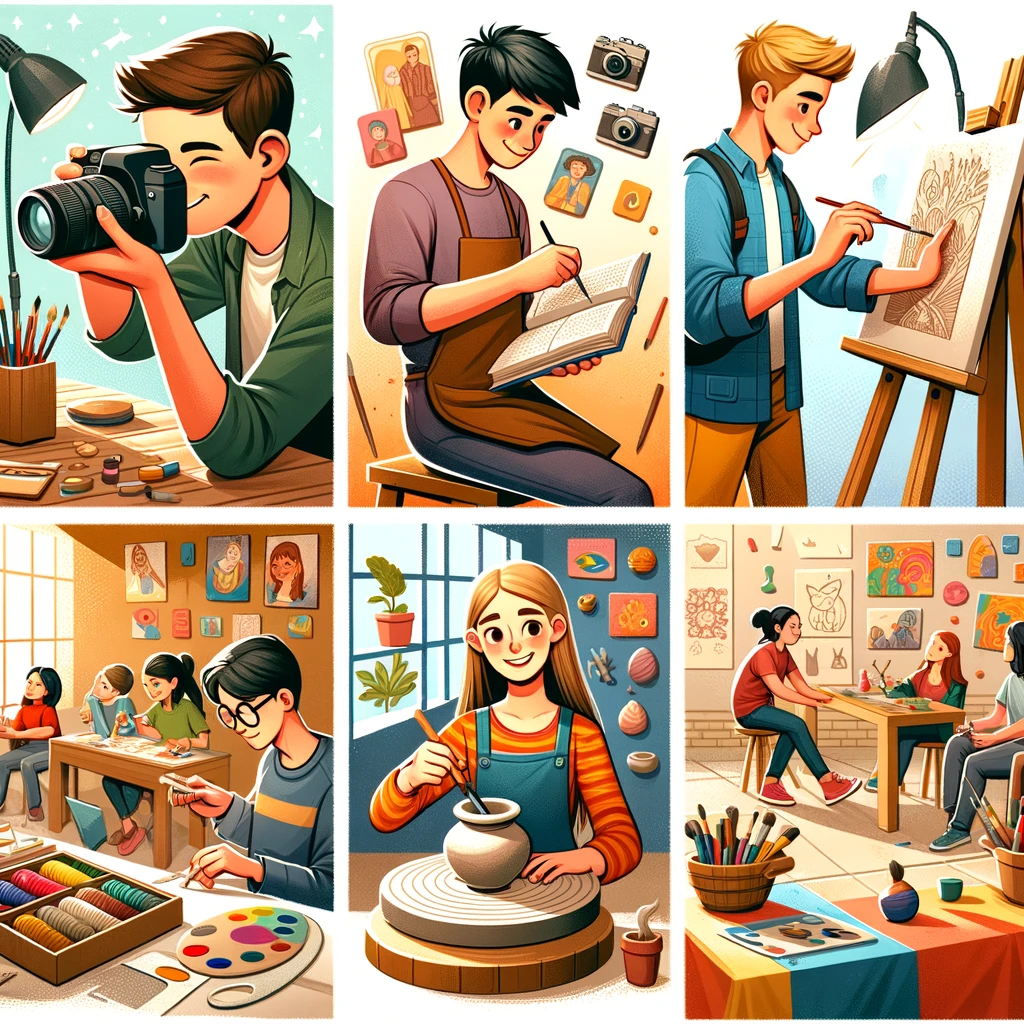
Creative beings create.

An environment that encourages the arts exposes young learners to the full breadth of topics in our big, wide world. It provides fertile soil for developing both inherent and new capabilities…and capacities. Otherwise, children may not discover the dormant seeds of possibility within.
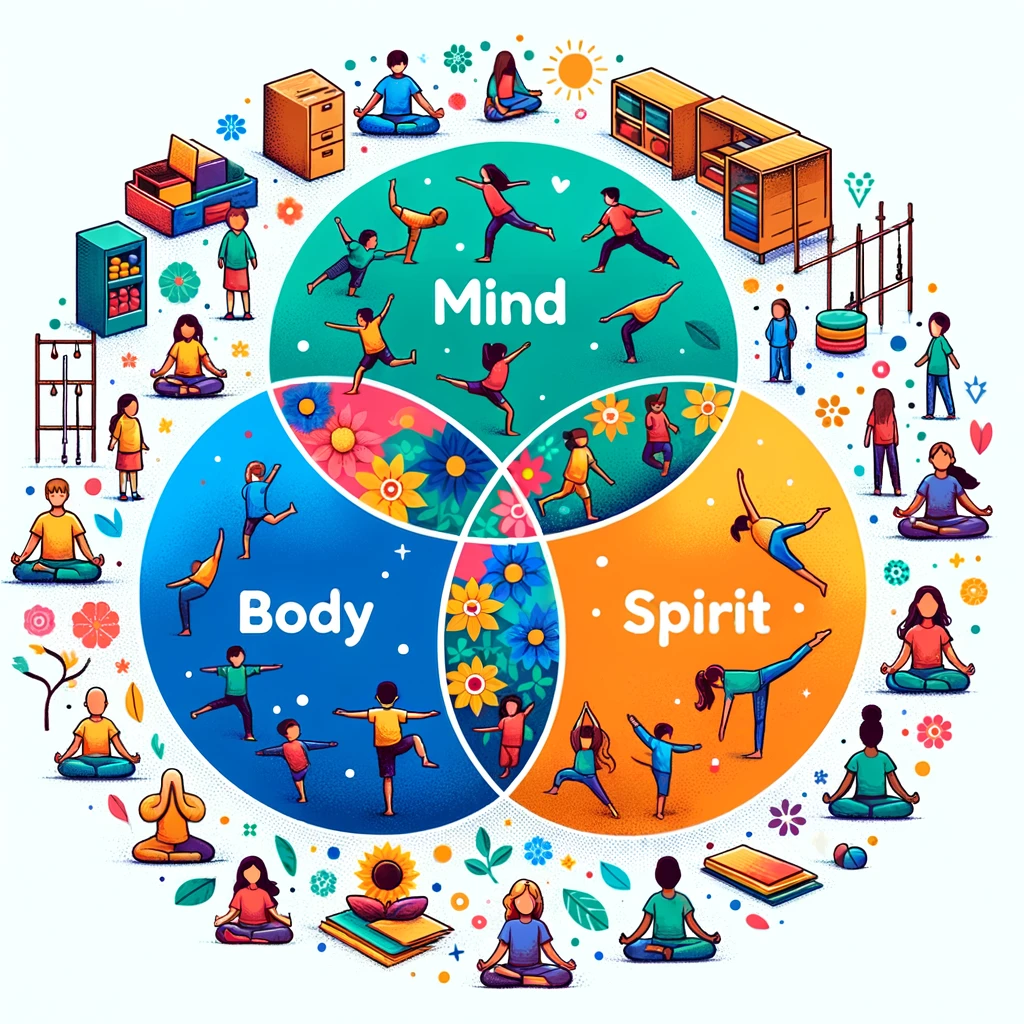
I used to tell my children, “You may have the best ideas in the world, but if you don’t know how to communicate them in a clear, concise way that other people can comprehend, it doesn’t matter how good your ideas are.”
Ideas can only change the world if they are communicated in a way the world can understand.
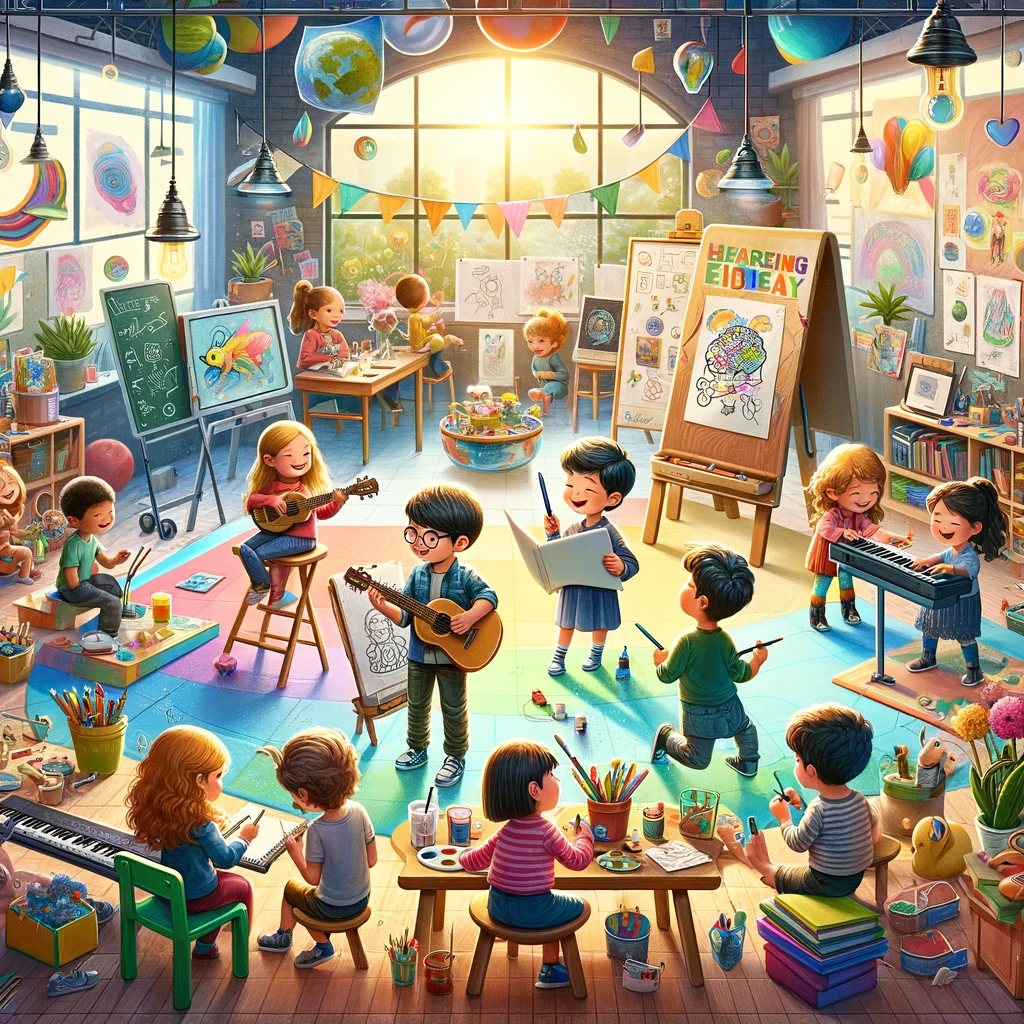
Imagine a technical paper without drawings or graphs. Imagine a movie with a black screen. Imagine a children’s storybook with no illustrations. Although they don’t have to be complex, drawings and illustrations heighten communication impact and maximize the likelihood of conveying precise ideas as accurately as possible to the widest audience.
"But I'm not an Art teacher!"
For those of us who are not experienced art instructors, here is an easy-to-follow gem.
I used this straightforward approach to teach my children the ABCs of drawing. Along the way, I discovered a dormant drawing seed within myself!
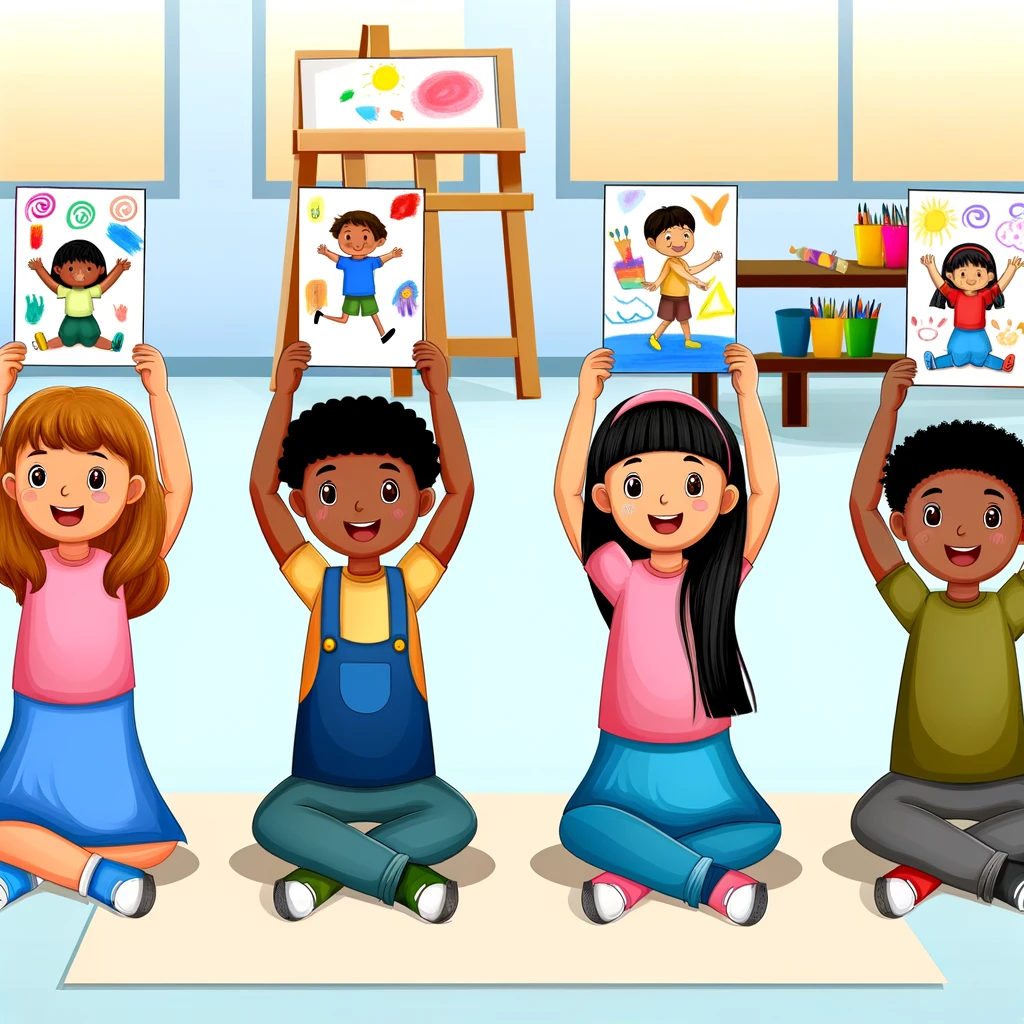
Not all of us have the capacity to become Olympic-caliber basketball players. Likewise, learners may have different drawing outcomes, even with similar instruction and practice.
At its heart, foundational drawing increases the breadth and depth of students’ personal learning libraries. And that is always a good thing.
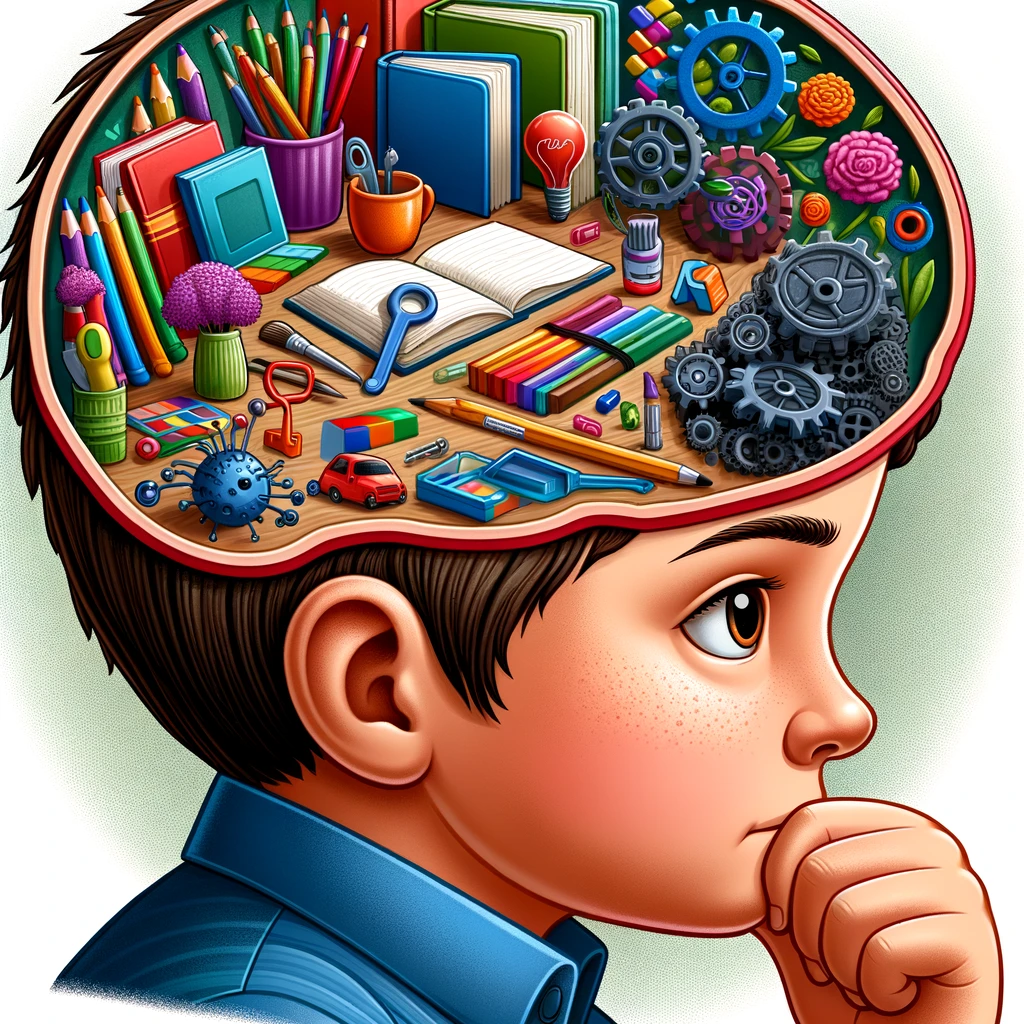
Drawing is a great place to begin as you tiptoe into arts education with your learners. By exploring drawing and the arts, learners stretch the boundaries of “possible” for themselves!
Weave artistic pursuits into your ed-biz or homeschool and watch students flourish in new and unexpected ways.

Daring to Dream Beyond the Classroom?
Discover the edu-potential that lies beyond traditional classroom settings. Whether you’re an aspiring educator-entrepreneur or looking to create a community learning space, edTonomy is the silent partner to your loud dreams. Here, we turn educators into entrepreneurs, redefining 'classroom' as any space where learning happens.
Meet The Microschool Launch Playbook: Your guide to launching and managing a successful microschool.






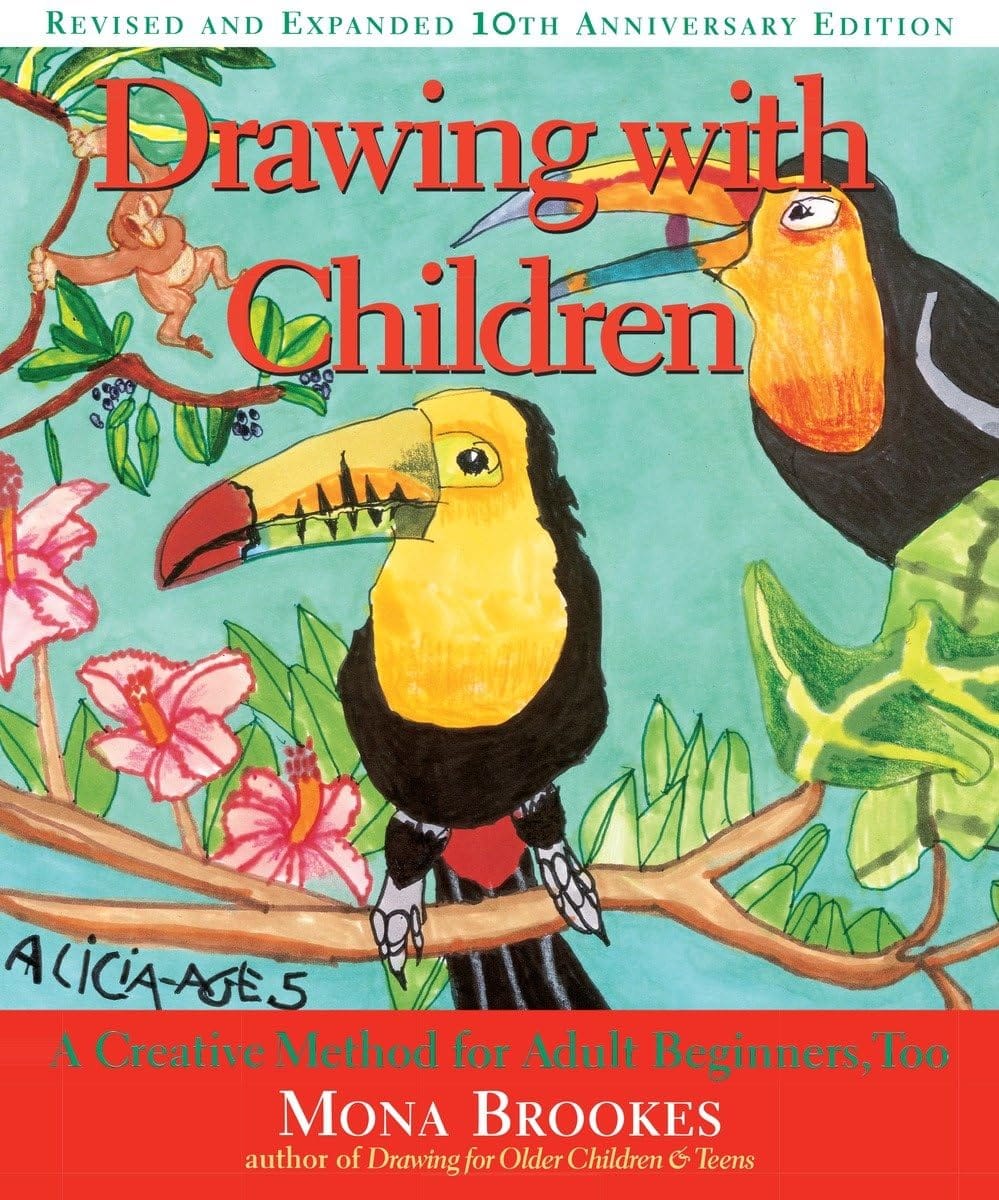

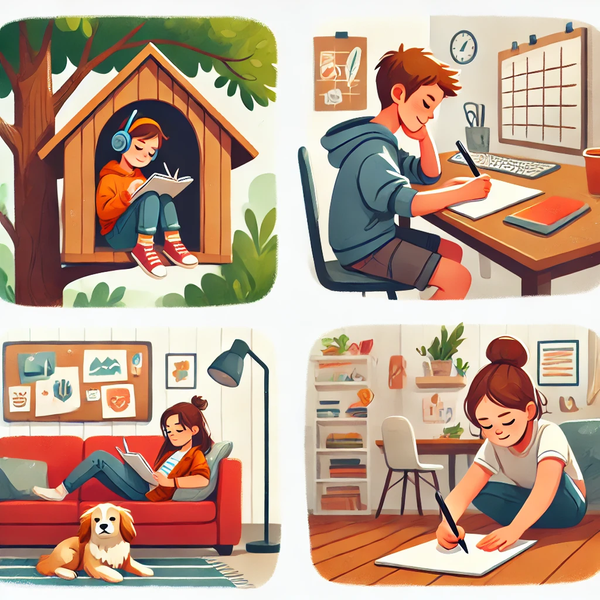


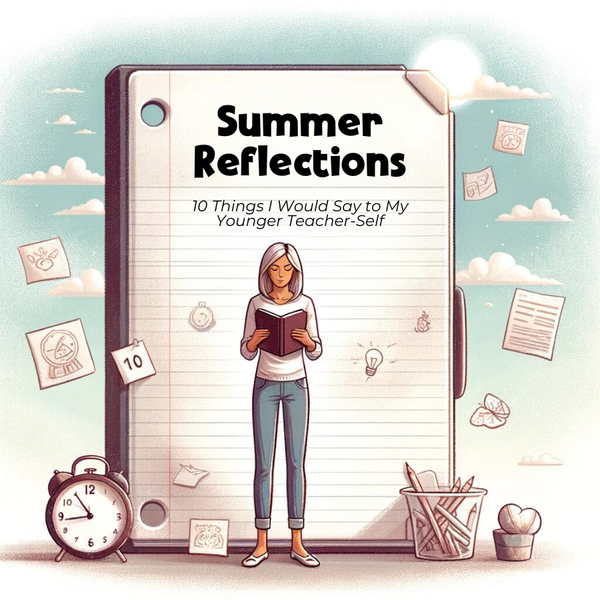
Member discussion